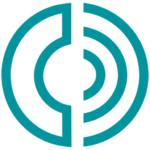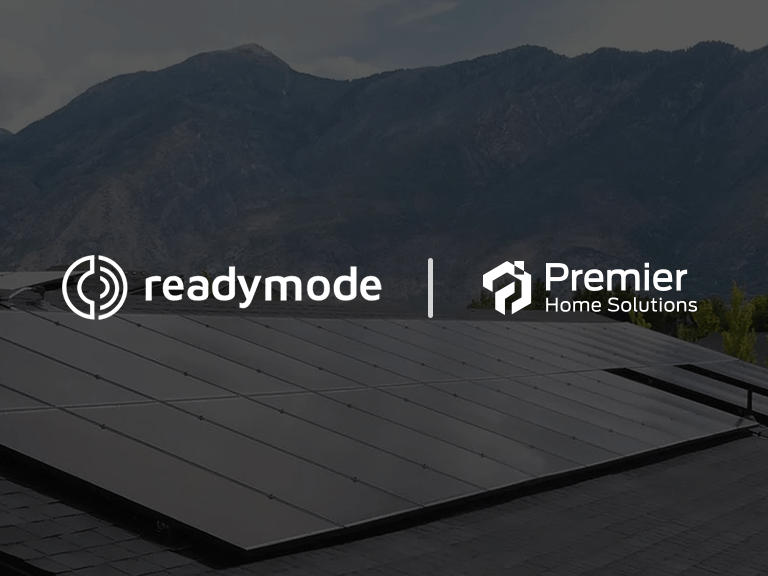Lead qualification is an important way to to find out which homeowners are ready to purchase your services, or if they’re not yet in the market. Whether you’re an exterminator on the hunt for your next anthill, a home improvement pro ready to tackle a property overhaul, a landscaper ready to manicure a lawn or another home services professional, you’re always in the market for high quality leads.
You know that every inquiry made by a homeowner holds the potential for a profitable project. The ability to effectively qualify your leads will help you figure out who’s serious about their home improvement project, and who’s still shopping around.
Understanding the strategies for turning inquiries into profitable ventures can significantly impact your business’s success. In this article, we’ll explore some actionable insights and proven techniques to help you segment your hottest leads.
Why is Lead Qualification so Important?
Before we get into strategies, let’s take a quick look at why lead qualification is so important. Studies reveal that businesses that effectively qualify leads experience a 50% increase in leads who are ready to make a purchase, along with a 40% boost in conversion rates. These statistics underline the critical role of lead qualification in driving business growth and maximizing revenue.
Effective lead qualification is the foundation of successful sales. Identifying and prioritizing the leads who are the most likely to convert, helps you ensure that you have the right internal resources available to capture high-value opportunities.
Rapid Response: The First Step to Success
Has a homeowner reached out? Make sure you have agents who are ready to pounce on high-intent inbound leads! Research shows that responding to leads within the first five minutes increases the likelihood of conversion by a staggering 900%.
Automated notification systems can work to alert sales teams of new inquiries as they happen – this can work in two ways for your sales process. First, by ensuring that you have agents on staff who are ready to accept their calls, and second, ensuring that you can promptly dispatch nearby staff to give timely estimates. By establishing a culture of responsiveness and prioritizing high quality customer engagement, businesses can gain a competitive edge and maximize their chances of converting home services leads into customers.
Utilizing Data-Driven Insights
Data is the cornerstone of effective lead qualification. Leveraging a customer relationship management (CRM) system can home services businesses gather crucial insights into their leads’ behavior, preferences, and past interactions. By analyzing data points like lead source, engagement level, and demographics, businesses can tailor their approach and prioritize high-value leads for personalized follow-up.
If your home improvement business hasn’t started focusing on personalization – it’s time to take a second look. A whopping 93% of companies with a smart and advanced personalization strategy saw their revenues skyrocket. Your customers want to know that you care about them as individuals, and most importantly, really understand the problem they’re experiencing.
Data-driven insights are crucial for making informed business decisions, optimizing resource allocation and scheduling, and enhancing the efficacy of their lead qualification. Using past customer data to understand their needs and preferences, can help you tailor your messaging, offers, and home services solutions. Hello high conversions and long-term customer satisfaction.
Implementing Lead Scoring Mechanisms
Companies that use lead scoring experience a 77% increase in lead generation ROI – that’s a huge number! Lead scoring is a strategic approach that assigns numerical values to leads based on predefined criteria such as demographic information, behavior, and engagement level. Your lead scoring criteria might combine both behavioral scoring (which actions they’ve taken that indicate their purchase-readiness) and profiling (how closely this lead matches your ideal customer).
By assigning numerical values to various lead attributes and behaviors, businesses can objectively evaluate lead quality and prioritize follow-up activities accordingly, ensuring that resources are allocated where they are most likely to yield results
Effective Communication: The Key to Lead Qualification
Clear and concise communication is crucial during the lead qualification process. 93% of communication effectiveness is determined by nonverbal cues and tone of voice. This highlights the importance of training sales representatives to convey professionalism, empathy, and expertise during interactions with potential customers. For many of your customers, your service will represent a significant investment in both time and money. Both you and the homeowners are qualifying each other – make it easy for them to choose your company!
Communicating effectively is essential for building rapport, establishing trust, and understanding your customers’ needs. By actively listening to inquiries, addressing concerns, and providing relevant information, your sales teams can nurture relationships, overcome objections, and guide leads through the sales process. Additionally, predictive dialer technology such as call recording and monitoring tools will help you evaluate the quality of your business’ communications. This gives you an opportunity to identify areas for improvement, and provide targeted training and coaching to enhance your team’s performance.
Leveraging Automation for Scalability
Automation plays an important role in streamlining your lead qualification processes and making the process scalable when your business grows. By implementing automated workflows and response mechanisms, businesses can promptly engage with leads, nurture relationships, and move them through the sales funnel efficiently.
A high quality predictive dialer will give you the ability to customize “playlists” to ensure that your hottest leads are matched with your best sales reps. This way, your agents can spend more time talking, and less time dialing. Companies that automate lead management experience a 10% or greater increase in revenue within six to nine months.
This type of automation gives your business the ability to handle large volumes of inquiries efficiently, so that no lead falls through the cracks! Automating repetitive tasks such as lead scoring, follow-up emails, and appointment scheduling, can allow sales teams to focus on higher-value activities like personalized communications and relationship-building. Plus, automation helps ensure consistency and accuracy throughout your entire sales process, greatly reducing risk of human error and improving overall efficiency.
Continuous Optimization and Iteration
It’s important to note that this lead qualification requires continuous optimization and refinement. Keeping a close eye on key performance indicators (KPIs) such as conversion rates, response times, and lead quality metrics, can help you fine-tune your qualification and sales strategies.
Continuous optimization is essential for staying ahead of the competition and adapting to evolving customer needs and market dynamics. Regularly reviewing and analyzing performance data, help you identify industry trends, uncover insights, and make data-driven decisions to boost your sales conversion rate. Additionally, soliciting feedback from your sales teams and incorporating customer insights into your business strategy helps drive long-term success and sustainable growth.
Effective lead qualification is essential for converting inquiries into profitable projects in the home services industry. By prioritizing rapid response, leveraging data-driven insights, implementing lead scoring mechanisms, and optimizing communication, businesses can maximize lead quality and drive sustainable growth. Further, by embracing automation and adopting a mindset of continuous optimization, you can position your businesses for long-term success in this competitive market.
Readymode
About Readymode®
Readymode is a cloud-based, outbound customer engagement platform for sales teams. Our all-in-one platform empowers businesses to engage smarter, connect more, and grow their revenue. Along with an industry-leading predictive dialer, our outbound calling solutions include advanced features like fully integrated CRM, built-in compliance tools, and real-time reporting and analytics. Readymode is at the core of the conversation; we’re designed for businesses that want to maximize productivity and scale affordably.







